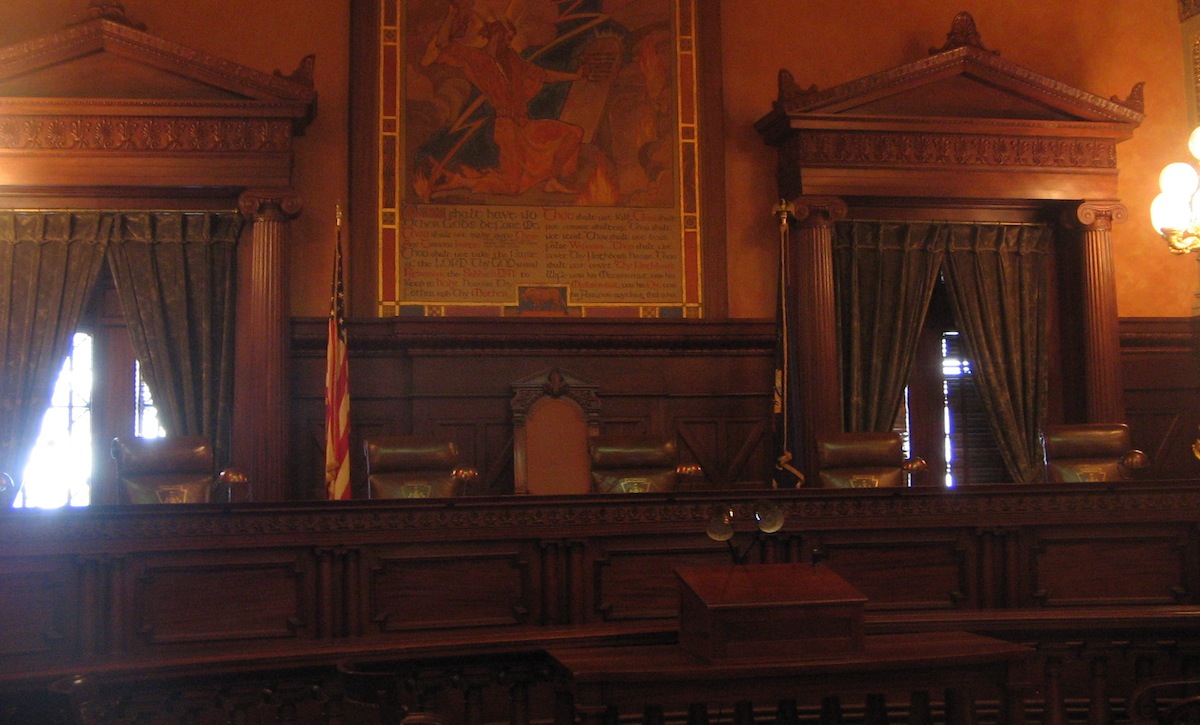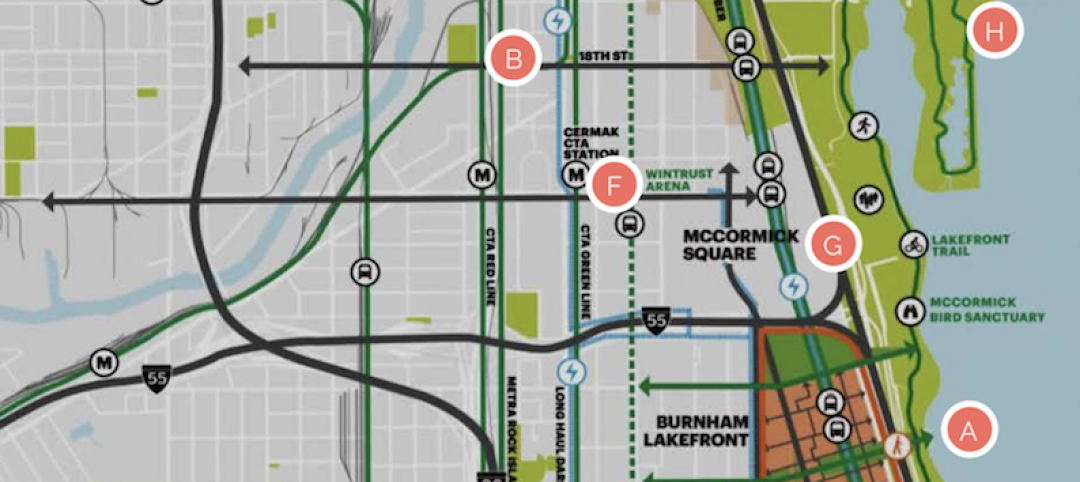A recent ruling by the Pennsylvania Supreme Court puts limits on a state law meant to ensure that contractors and subcontractors receive prompt payment for their work.
The court ruled that the state’s Contractor and Subcontractor Payment Act (CASPA) does not apply to construction projects where the owner is a governmental entity. The case, Clipper Pipe & Service, Inc. v. Ohio Casualty Insurance Co., pertained to the construction of an addition and renovations to the Navy/Marine Corps Reserve Training Center in the Lehigh Valley.
The contractor, Contracting Systems, Inc., failed to pay a subcontractor, Clipper Pipe & Service for performance of mechanical and HVAC work, according to JD Supra Business Advisor. Clipper sued CSI and its surety, asserting claims for breach of contract and violation of CASPA. The claim likely would have allowed it to recover its attorneys’ fees and possibly a statutory penalty if the court had ruled in the subcontractor’s favor.
On public projects, contractors working in Pennsylvania must rely on the Prompt Pay Act (“PPA”), which governs the payment obligations and rights of contractors and subcontractors on public projects. That statute, however, differs from CASPA with different timing provisions for payment, a different rate of interest, and a different burden of proof associated with penalty and attorneys’ fees provisions. Notably, it is also more difficult for a party to recover attorneys’ fees and penalties under the PPA than under CASPA.
Related Stories
Codes and Standards | Jul 15, 2019
USGBC calls for proposals for feedback, concepts for next LEED version
The move follows successful public input on LEED 4.1.
AEC Tech | Jul 15, 2019
Lack of standards hampers development of exoskeleton industry
Guidelines, common terminology, and testing methodology are needed, says expert.
Concrete | Jul 8, 2019
Concrete repair code requirements released
American Concrete Institute offers guidance on assessment, repair, rehab of existing concrete structures.
K-12 Schools | Jul 8, 2019
Collaborative for High Performance Schools releases 2019 Core Criteria Version 3.0 Update
The update adds credits to lower carbon footprints and to promote climate change resiliency.
Wood | Jul 8, 2019
Campaign launched to promote ‘climate-smart wood’
The Forest Stewardship Council and other groups aim to help buyers understand and make it easier to locate lumber that meets sustainable forestry standards.
Urban Planning | Jul 8, 2019
U.S. cities experience ‘Doppler shift’ in walkable urban development
The walkability trend is spreading to urbanizing suburbs.
Mixed-Use | Apr 7, 2019
Chicago-area joint venture antes up $1 billion for Opportunity Zone development investment
Decennial Group says it’s looking at 250 potential projects, primarily in America’s heartland and rural areas.
Codes and Standards | May 30, 2018
Silicon Valley cities considering taxes aimed at large employers
The aim is to offset the impact on housing costs and homelessness by tech companies.
Legislation | Apr 18, 2018
Steel and aluminum tariffs raise more questions than answers for domestic suppliers
Are import quotas and a “Buy American” infrastructure mandate in the cards?
Multifamily Housing | Mar 4, 2018
Katerra, a tech-driven GC, plots ambitious expansion
Investors flock to this vertically integrated startup, which automates its design and construction processes.

















